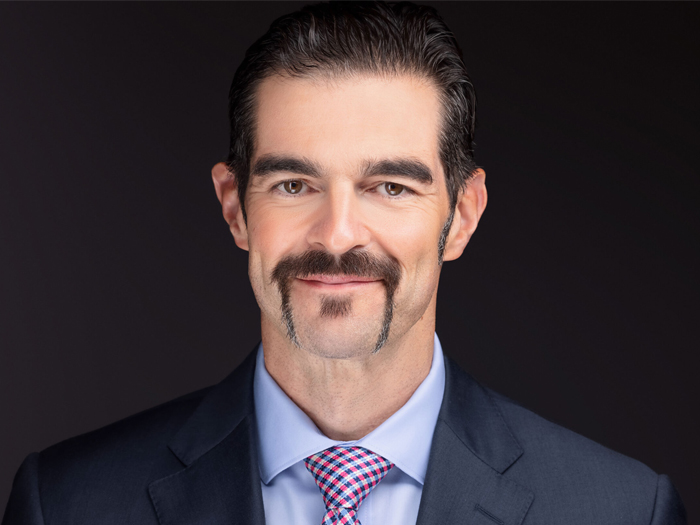2014 NWCDC
Buying in to Workers’ Comp

Private equity’s interest in the workers’ compensation industry isn’t going to diminish anytime soon, according to three P/E senior executives.
“I think you will continue to see significant activity in the workers’ compensation space,” said Hunter Philbrick, managing director of Hellman & Friedman, whose firm (along with Stone Point Capital) acquired Sedgwick Claims Management Services in 2010 and sold it to Kohlberg Kravis Roberts & Co. earlier this year.
P/E firms get a bad reputation for ripping apart companies, he said. “That’s a very small minority and not really true of any of our firms up here.”
Philbrick was joined on the panel by Jeffrey McKibben, managing principal of Odyssey Investment Partners, which acquired majority interest in York Risk Services in 2010, and acquired and later sold One Call Care Management; and Camilo Horvilleur, principal of H.I.G. Capital, which acquired PMSI Group in 2008, selling it in October 2013, after which it merged with Progressive Medical and became Helios.
Moderating the “Private Equity’s Major Deals and Their Impact on Workers’ Compensation” panel, presented at the 2014 National Workers’ Compensation and Disability Management Conference & Expo in Las Vegas, was Joseph Paduda, principal of Health Strategy Associates.
McKibben said his firm looks for companies that “add value for their clients” and whose leaders are team oriented and flexible.
“We push, we pull and add resources and jet fuel … so they can do more,” he said.
“Chemistry,” said Horvilleur, “is very, very important. … If you don’t like us, run for the hills because you are going to be stuck with us for years.”
That’s not to say, he said, that private equity firms come in to micromanage their portfolio companies. “Most of our investment in workers’ comp, we had a great team that we backed early on,” noting that his firm focuses on small entrepreneurial companies.
What H.I.G. Capital does is help visualize what it can do to help the company grow and help support the management team, he said.
There must be clarity of purpose and alignment between the company and P/E firm on the vision for the future, Philbrick said.
“Our goal is to make our companies more critical, more tied in and better for their own customers,” he said. “I think at the end of the day, it should be a net positive.”










